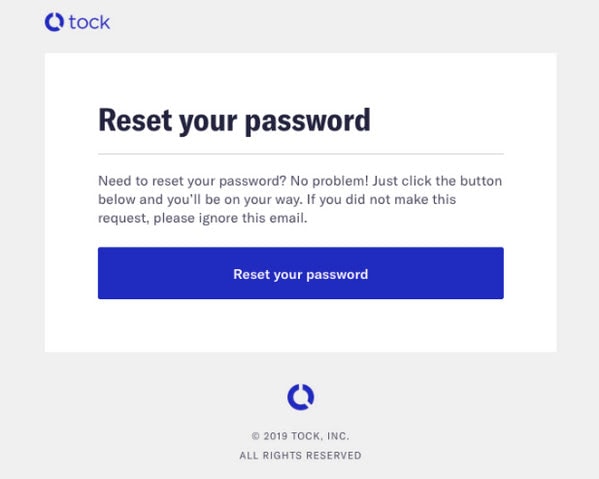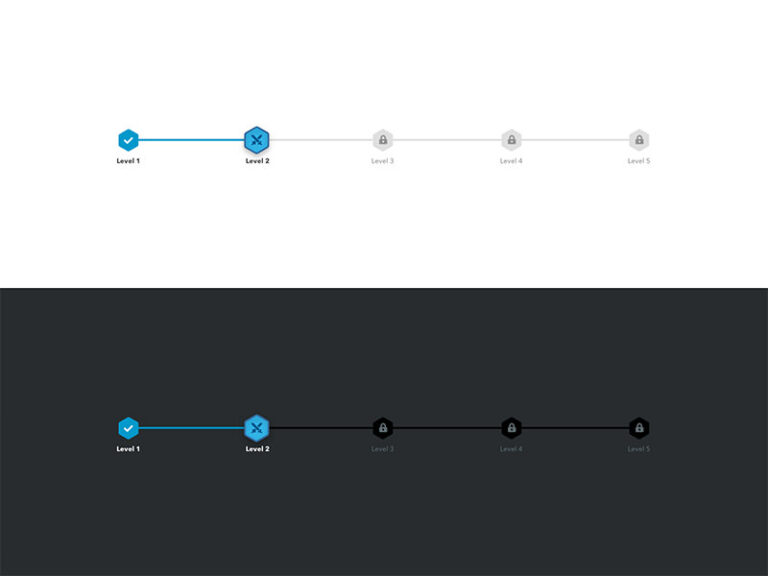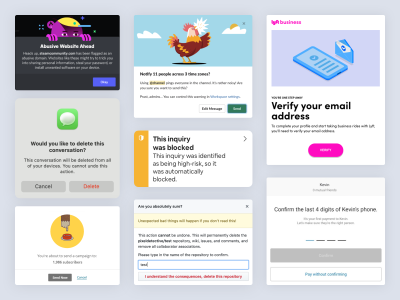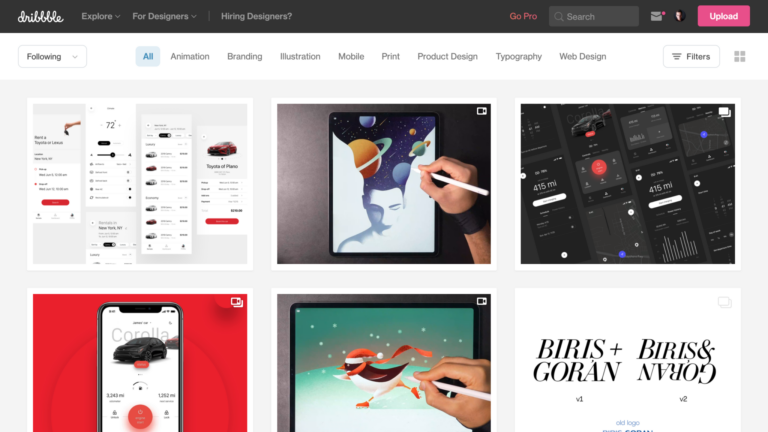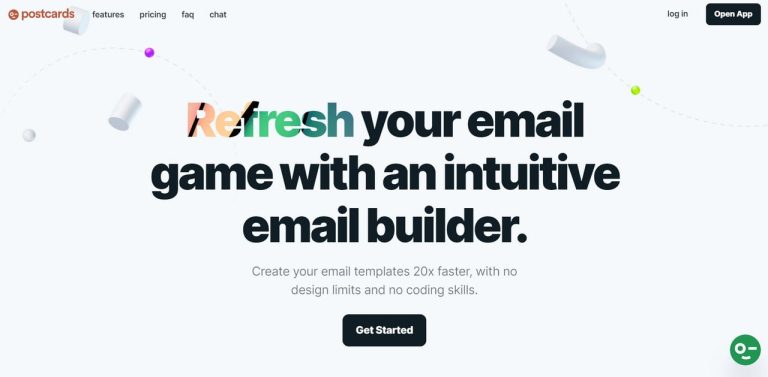Web designers and developers frequently utilize advanced website and page creation tools for their efficiency and effectiveness. These tools are instrumental in conserving both time and financial resources, while simultaneously enhancing the quality of the websites produced.
With each passing year, these tools undergo significant improvements, offering increasingly sophisticated features and capabilities. The latest advancements have been particularly noteworthy.
Consequently, selecting the most suitable tools from the plethora of available options is crucial, though it can be a daunting task, especially for those new to the field.
This article aims to introduce a selection of such tools, providing insights to assist you in making an informed choice that aligns with your specific needs.
Strategies for Crafting an Exceptional Website
1. Ensure Cross-Device Compatibility
Ensuring that your website performs seamlessly across various devices, particularly mobile phones, is crucial. A significant portion of consumers, exceeding 90%, utilize their mobile devices for price comparisons while shopping.
Hence, optimizing your website for mobile compatibility is essential.
2. Prominently Display Contact Information
Facilitating easy communication is key. It is advisable to place your contact information in a readily visible location on your website. Additionally, including links to your social media profiles, such as Facebook or X (formerly known as Twitter), at the header or footer of your website can be beneficial.
3. Prioritize Website Speed and Performance
Online shoppers are known for their low tolerance for slow-loading websites. A delay in loading can lead to potential customers abandoning your site.
It is imperative to optimize your website’s performance, ensuring quick loading of multimedia elements and selecting a web hosting service capable of managing high traffic volumes efficiently.
Easy-to-Use Website Building Tools
Discover a range of user-friendly tools perfect for building websites, whether you’re a seasoned pro or just starting out. These handpicked resources make web design simpler and more enjoyable, helping you bring your digital ideas to life.
1. Wix
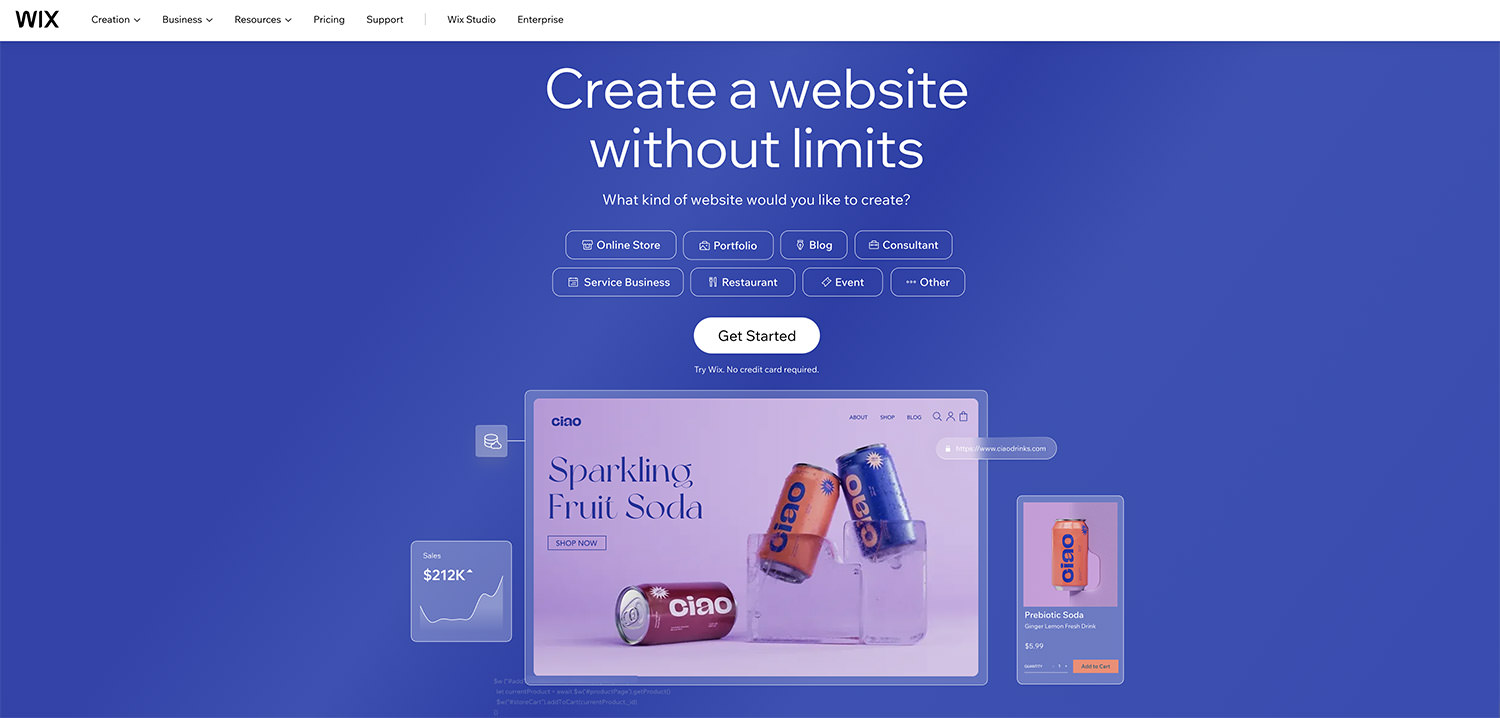

Wix is a versatile online platform designed for creating various digital spaces such as websites, blogs, pages, and online stores. It boasts a collection of over 500 customizable designs across different themes to suit your personal style.
For beginners in website design, Wix stands out with its easy-to-use interface. Key features include setting up online stores, integrating blogs, adding booking systems, and enabling online payments.
For those just starting their business journey, Wix offers helpful tools like logo design, domain registration, and search engine optimization (SEO) aids to boost your site’s online presence.
Wix also introduces its Artificial Design Intelligence (ADI) system, using AI to streamline website creation based on your inputs. Additionally, Velo by Wix allows for the customization of web applications to meet specific requirements.
Visit Wix
2. Elementor
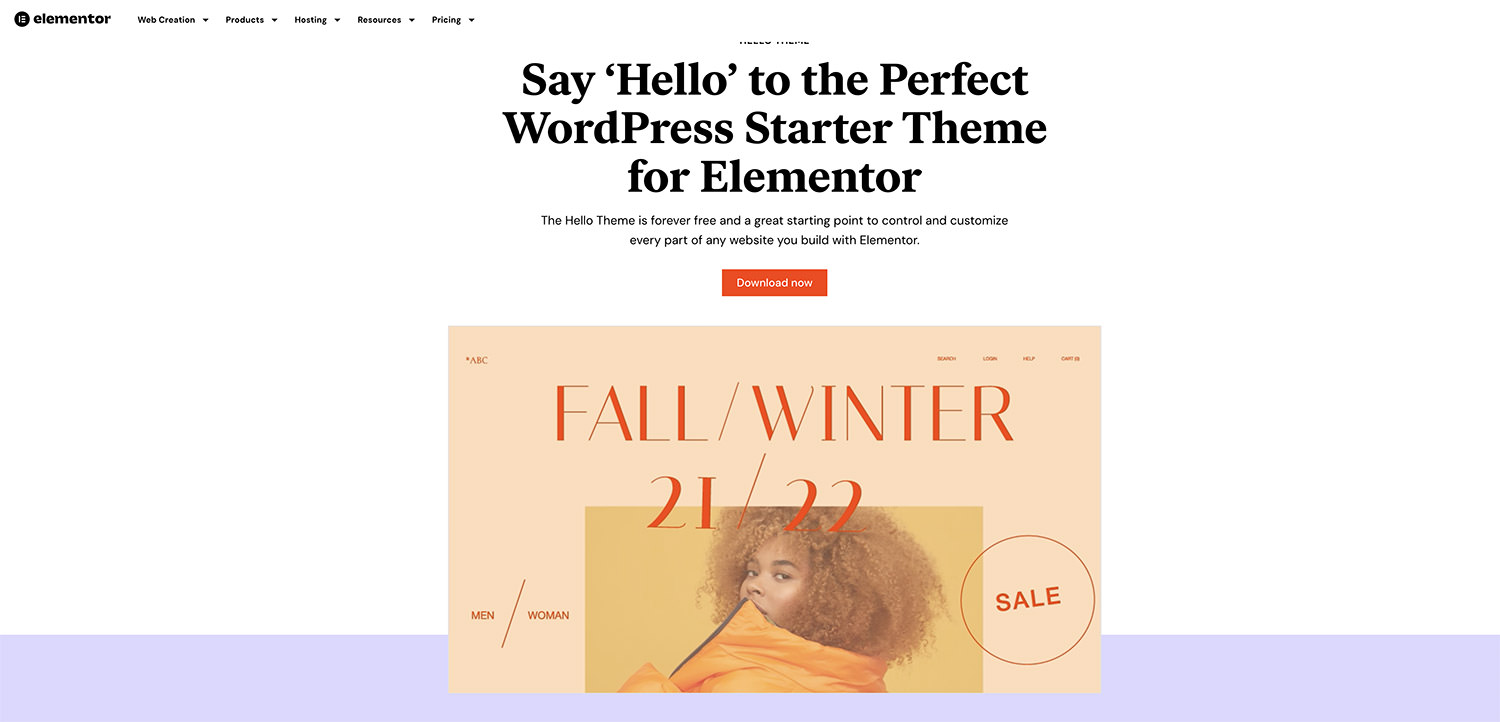

Elementor, a leading website builder for WordPress, is favored by over 2 million users for its user-friendly approach. It ensures a clean code for your website without compromising on efficiency.
With Elementor, making changes like editing text or adding animations is simple, even without coding skills. Its extensive toolkit, including the Navigator, Theme Maker, custom fonts, and e-commerce features, simplifies the process of design, marketing, and development, making it both time and cost-effective.
Visit Elementor
3. Mobirise Website Maker
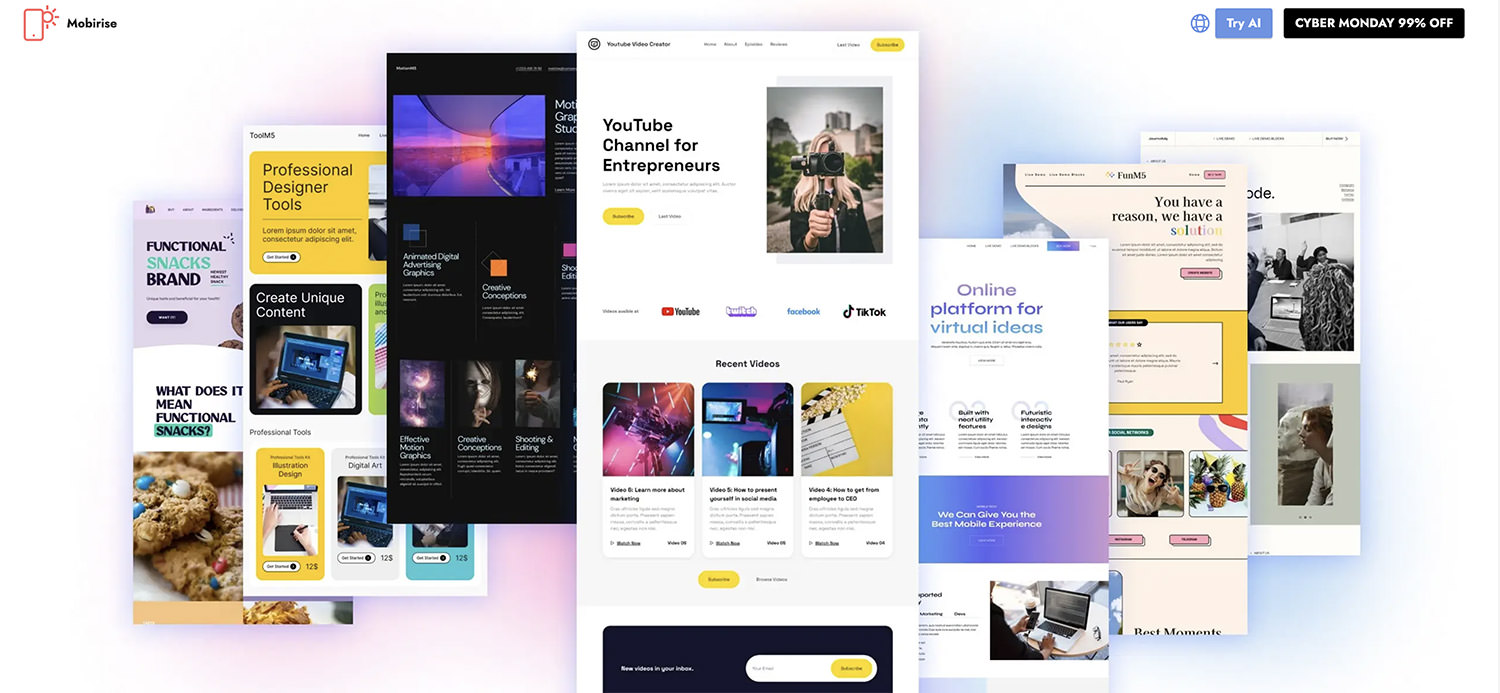

Mobirise stands out with its unique offline functionality, offering the freedom to select your preferred web hosting service and use Mobirise according to your requirements.
Powered by Bootstrap and Google AMP frameworks, Mobirise ensures that the websites it creates are responsive and fast-loading.
The platform offers a wide range of modern design elements, featuring over 1,500 website templates, fonts, icons, and images from Google, catering to various design needs.
Mobirise’s user-friendly drag-and-drop interface removes the necessity for coding or design expertise. This free tool is perfect for a range of users, from casual enthusiasts to professionals.
Visit Mobirise
4. Portfoliobox


Portfoliobox is a specialized online tool ideal for building websites, particularly for those in creative professions, beginners, or anyone looking to create a striking portfolio. It’s versatile and works with various design templates without needing any coding skills.
The platform offers both Free and Pro subscription options. The Free version provides a basic website framework with limited pages, products, and images. The Pro version expands these limits, including more images, products, and pages, as well as features like a custom domain, analytics tools, and greater design flexibility.
Portfoliobox also offers a unique plan for students. No matter which plan you choose, all users have access to its extensive design library.
Visit Portfoliobox
5. 8b Website Maker
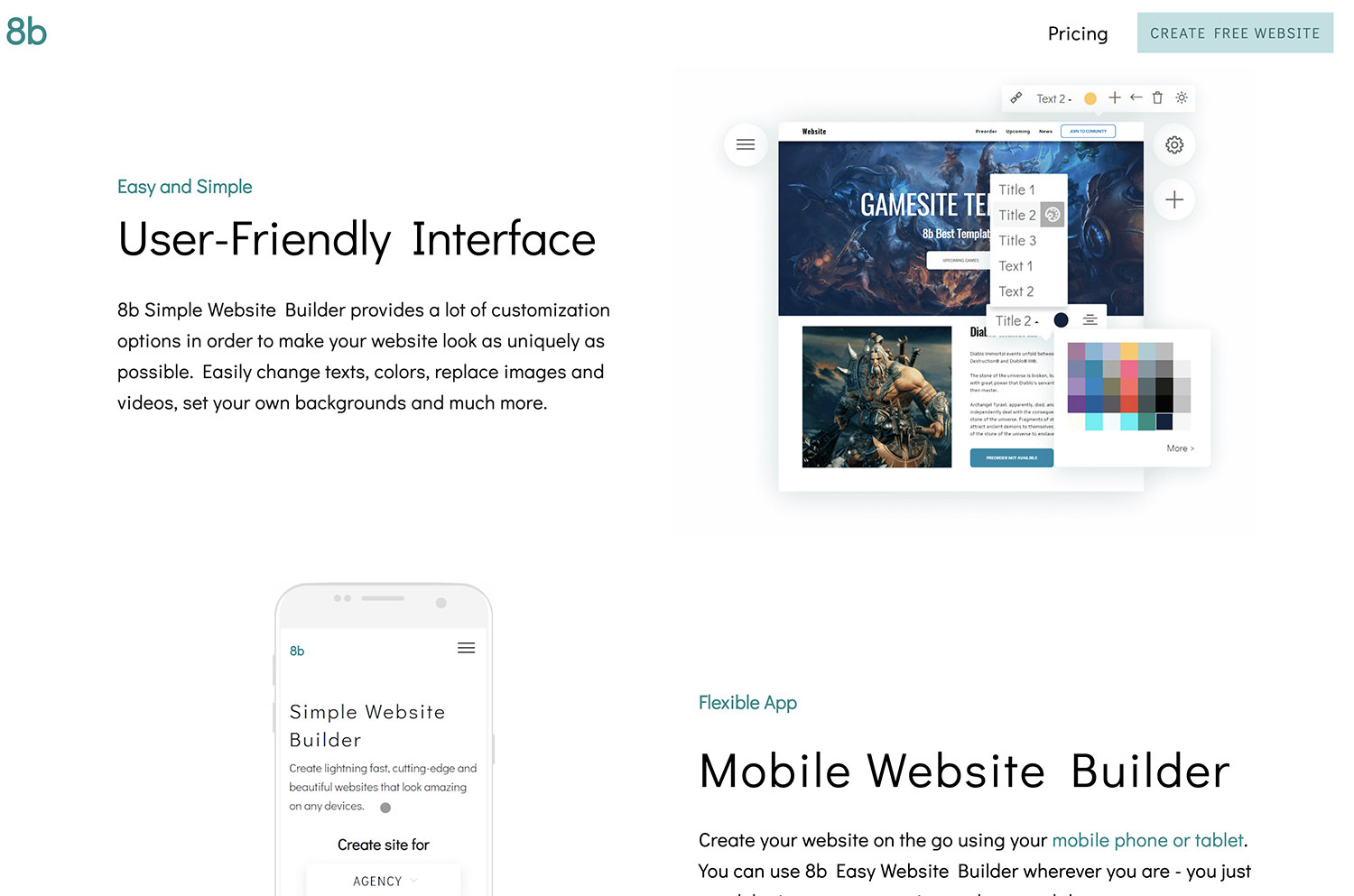

The 8b Website Maker is a user-friendly platform for creating websites, offering more than 250 website sections and 16 base designs to kickstart various web projects.
Thanks to its integration with Google AMP, 8b ensures that the websites it creates are mobile-friendly and load quickly.
Currently, the 8b platform is available for use at no cost.
Visit 8b
6. WP Page Builder
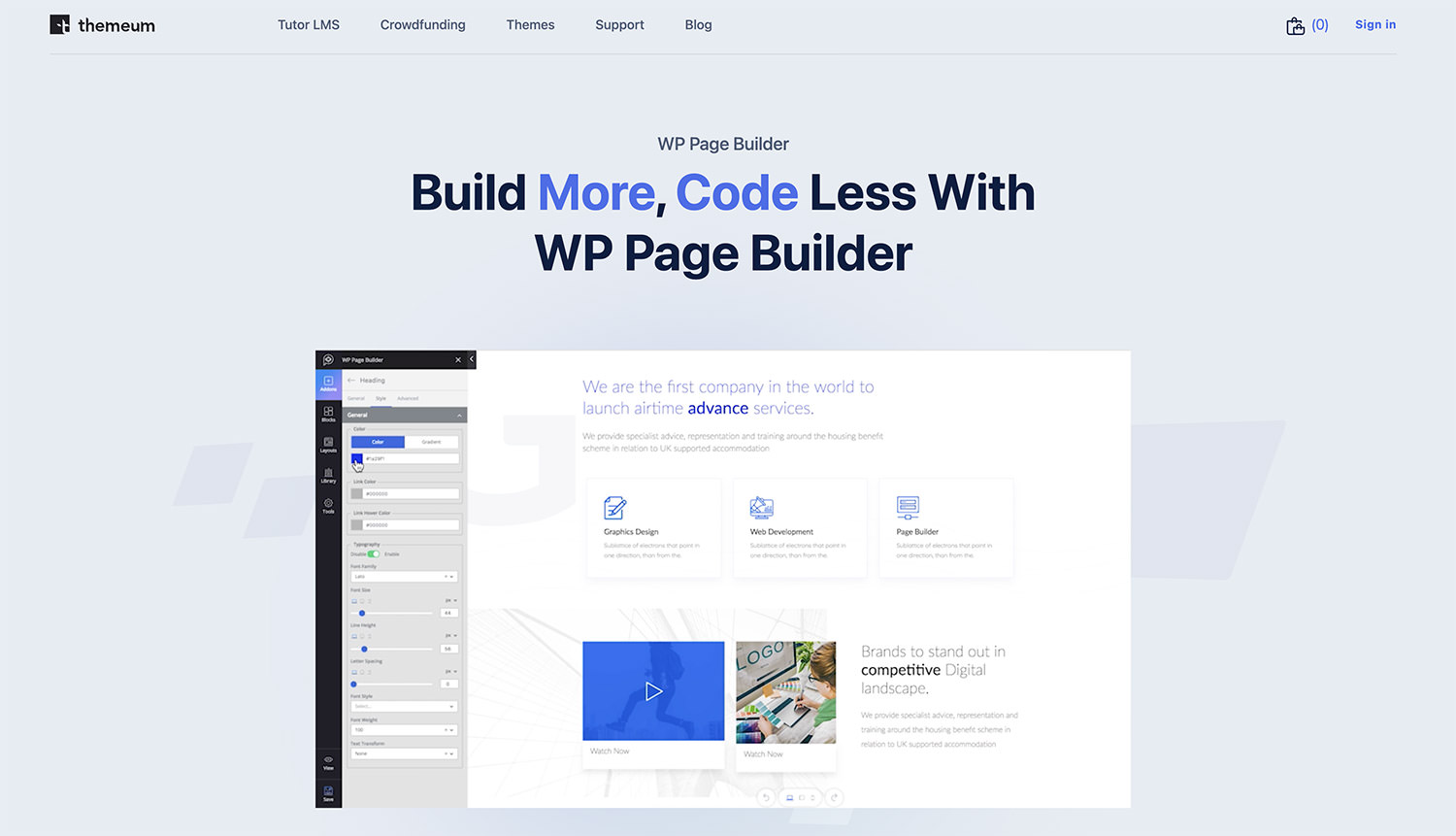

WP Page Builder is a versatile tool for creating websites, featuring an intuitive interface and modern design options. It’s designed for ease of use, with a drag-and-drop system that doesn’t require coding or advanced design knowledge.
This builder is adaptable to any design style, making it a flexible choice for various website creation needs.
Visit WP Page Builder
7. Quix
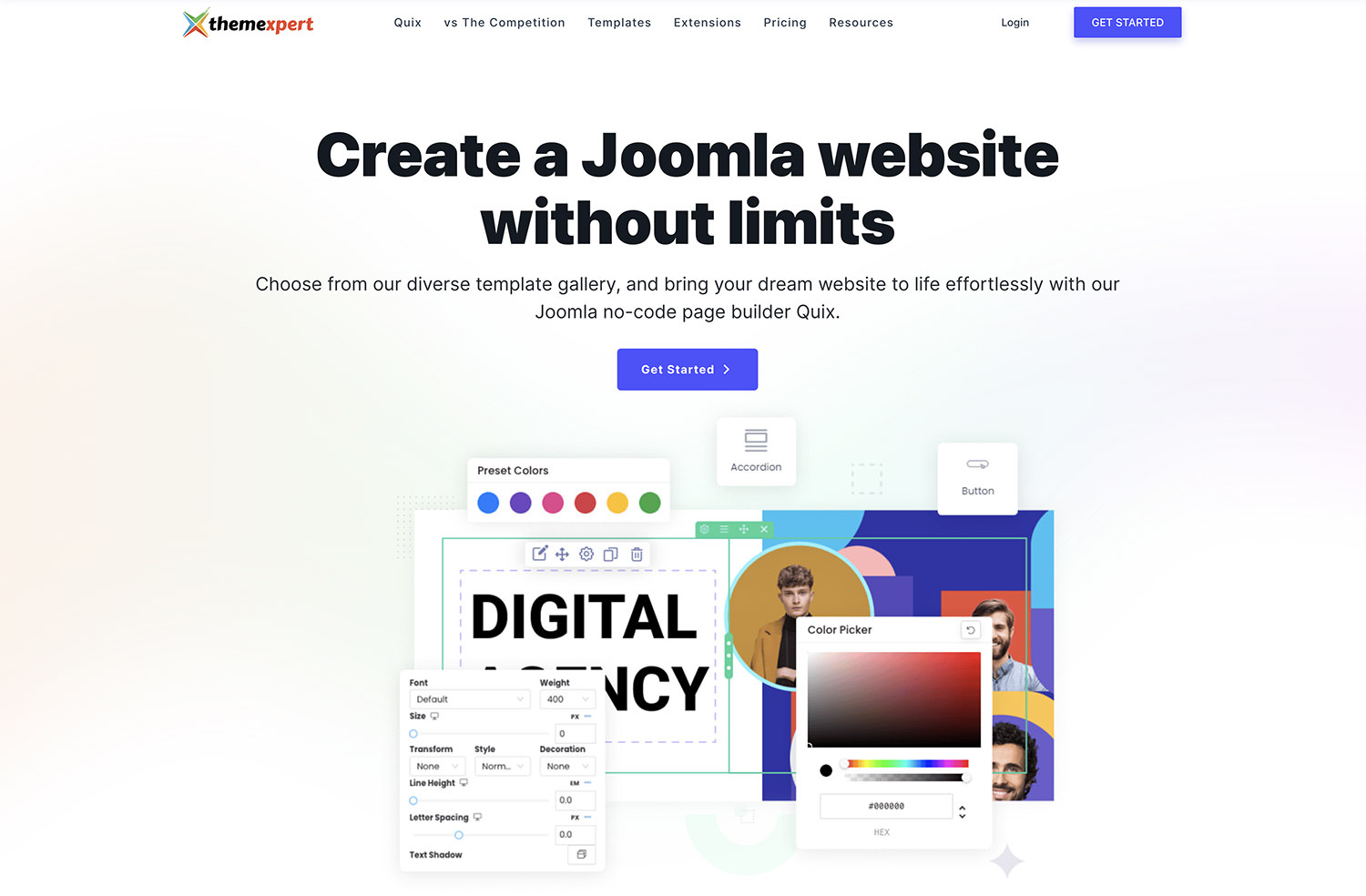

Quix offers an innovative solution for building websites on Joomla, complete with real-time SEO analysis and built-in image compression. This ensures fast loading times and continuous SEO improvement, with the added benefit of custom header and footer designs.
The platform also integrates a wide array of fonts, icons, and design elements from Google, enhancing the overall design flexibility.
Visit Quix
